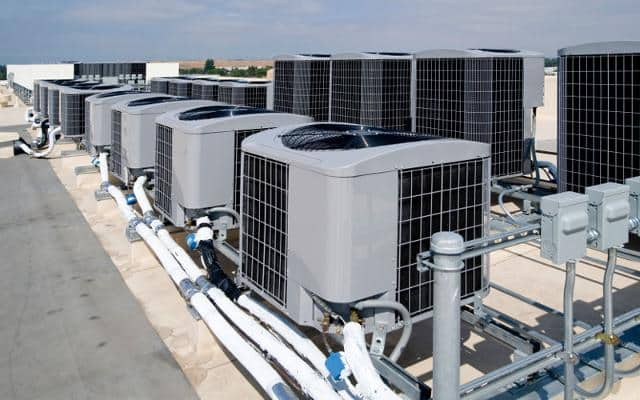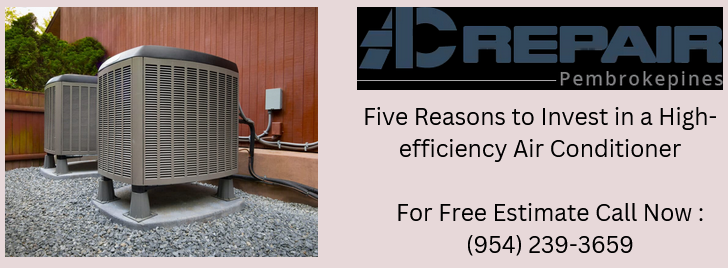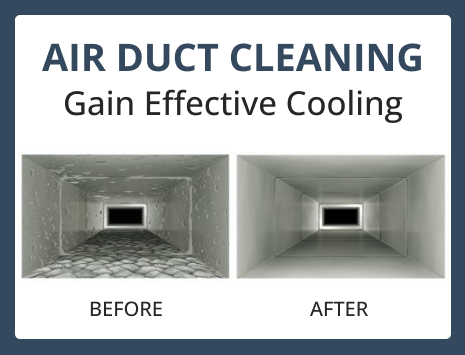
Maintaining optimal air conditioning (AC) efficiency is paramount in today’s energy-conscious world. Whether you’re a homeowner or a business owner, the last thing you want is to waste energy and money due to inefficient AC units.
At AC Repair Pembroke Pines, we understand the importance of keeping AC systems running smoothly. That’s why we’ve compiled a comprehensive guide on proven strategies to combat energy drain and maximize efficiency in AC systems.
Common Causes of Energy Drain in AC Systems
Before diving into solutions, it’s crucial to understand the common culprits behind energy drain in AC systems. Common causes of energy drain in AC systems include:
- Air Leaks in Ducts and Connections: Leaky ductwork allows conditioned air to escape before it reaches its intended destination, forcing the AC system to work harder to maintain desired temperatures.
- Dirty or Clogged Air Filters: A buildup of dirt, dust, and debris in air filters restricts airflow, reducing the efficiency of the AC system and increasing energy consumption.
- Improperly Sized or Inefficient AC Units: AC units that are too large or too small for the space they’re intended to cool can lead to energy waste and reduced performance. Additionally, older or outdated equipment may lack the energy-saving features of newer models.
- Lack of Regular Maintenance: Neglecting routine maintenance tasks such as cleaning coils, lubricating moving parts, and checking refrigerant levels can result in decreased efficiency and higher energy bills over time.
These issues not only compromise the performance of your AC system but also lead to higher energy bills and increased wear and tear on equipment. Therefore, addressing these common causes of energy drain is essential for maximizing the efficiency and performance of AC systems.
Proven Strategies to Address Energy Drain in AC Systems
Proven strategies to address energy drain in AC systems include:
- Conducting an Energy Audit: Start by assessing the energy efficiency of your AC system with a professional energy audit. This comprehensive evaluation will identify areas of improvement and help prioritize solutions.
- Sealing Air Leaks and Insulating Ductwork: Seal gaps and cracks in ducts and connections to prevent air leakage. Additionally, insulating ductwork in unconditioned spaces helps maintain consistent temperatures and reduces energy loss.
- Regularly Replacing Air Filters: Dirty or clogged air filters restrict airflow, forcing the AC system to work harder to maintain desired temperatures. So, make it a habit to replace filters every 1-3 months to ensure optimal performance.
- Upgrading to Energy-Efficient Equipment: Consider investing in energy-efficient AC units and components, such as high SEER (Seasonal Energy Efficiency Ratio) systems and variable-speed air handlers. These upgrades not only reduce energy consumption but also qualify for rebates and incentives.
- Implementing a Routine Maintenance Schedule: Regular maintenance is key to preventing energy drain and extending the lifespan of your AC system. Schedule annual tune-ups with a qualified AC Repair Pembroke Pines technician to inspect, clean, and optimize your equipment.
By implementing these proven strategies, you can effectively address the energy drain in your AC system and enjoy improved efficiency, lower energy bills, and greater comfort in your home or building.
Advanced Techniques for Energy Optimization
Advanced techniques for energy optimization in AC systems go beyond basic maintenance and repairs to maximize efficiency and reduce energy consumption. Here are some advanced strategies:
- Programmable Thermostats: Installing programmable thermostats allows users to set temperature schedules based on occupancy patterns. It ensures that the AC system operates at optimal settings when needed and conserves energy when the space is unoccupied.
- Smart HVAC Systems: Smart HVAC systems utilize advanced sensors and algorithms to monitor real-time indoor and outdoor conditions. These systems can automatically adjust temperature settings, airflow, and ventilation to optimize energy usage and maintain comfort levels.
- Zoning Systems: Zoning systems divide a building into separate zones with independent temperature controls. By directing airflow only to occupied areas, zoning systems eliminate the need to cool or heat unused spaces, resulting in significant energy savings.
- Variable-Speed Air Handlers: Unlike traditional single-speed air handlers, variable-speed air handlers can adjust their speed to match the cooling demands of the space. This flexibility allows the AC system to operate more efficiently and maintain consistent temperatures with less energy consumption.
- Integration of Renewable Energy Sources: Incorporating renewable energy sources such as solar panels can offset electricity consumption from traditional grid power. By harnessing clean and sustainable energy, AC systems can reduce their carbon footprint and dependence on fossil fuels.
Implementing these advanced techniques for energy optimization requires expertise and specialized equipment. However, the long-term benefits in terms of energy savings, reduced environmental impact, and improved comfort make them a worthwhile investment for homeowners and businesses alike.
Additional Tips for Maintenance and Long-Term Efficiency
To ensure long-term efficiency and optimal performance of AC systems, here are some essential maintenance tips:
- Annual Professional Maintenance: Schedule annual maintenance appointments with a qualified HVAC technician. They will inspect, clean, and tune up your AC system to identify potential issues early and keep it running smoothly.
- Keep Outdoor Unit Clear: Regularly clear debris, leaves, and vegetation around the outdoor condenser unit. Adequate airflow is essential for efficient operation, so ensure at least 2 feet of clearance around the unit.
- Clean Air Vents and Registers: Remove dust and debris from air vents and registers to prevent blockages and ensure proper airflow throughout your home.
- Monitor Thermostat Settings: Set your thermostat to energy-saving temperatures when the space is unoccupied or during times of lower demand. Programmable thermostats make it easy to schedule temperature adjustments for maximum efficiency.
- Monitor Energy Usage: Use smart meters or monitoring systems to track energy usage and identify potential inefficiencies or abnormalities. Monitoring your AC system’s energy consumption can help you make informed decisions about optimizing its performance.
Following these maintenance tips and implementing energy-saving practices can help ensure your AC system operates efficiently, reduces energy consumption, and maintains optimal comfort levels for years.
Final Words
In conclusion, combating energy drain in AC systems is essential for maximizing efficiency and reducing operating costs. By implementing the proven strategies outlined in this guide, you can achieve optimal performance and comfort while minimizing your environmental footprint.
Besides, for professional assistance regarding AC repair service and maintenance, trust the experts at AC Repair Pembroke Pines. So, contact them today to schedule an appointment and keep your AC system running at its best.

























